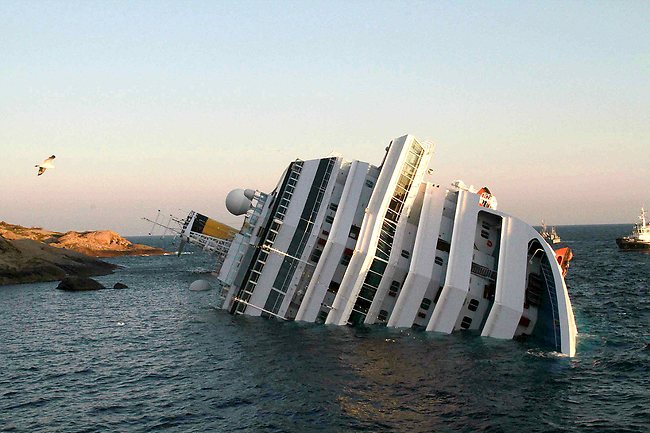Failure of Plans in Tourism: reasons and consequences
 Failure of plans in tourism industry, like any other industry is not a rare occasions. Plans may go wrong as a result of the impact of external environment, as well as, mistakes and shortcomings taken place in planning process.
Failure of plans in tourism industry, like any other industry is not a rare occasions. Plans may go wrong as a result of the impact of external environment, as well as, mistakes and shortcomings taken place in planning process.
Shortcomings during the planning process resulting the in the failure of plans may take place in the following manners:
Mistakes may occur during the first stage of planning process, which is study recognition and preparation. For example, management may decide to conduct relevant study on regional levels, when the scope of the study necessitates data collection on the national level, thus compromising the quality of the plan from the outset of the planning process.
Moreover, individuals responsible for tourism planning may fail to formulate SMART objectives. In this case, objectives may be too vague and lack deadlines, and it would be not possible to assess the level of achievement of these objectives in an appropriate manner.
Shortcomings planning process can also take place during the stage of survey of existing data. Specifically, such shortcomings may involve collection of outdated data, collection of irrelevant data, collection of data from biased and unreliable sources etc.
Arguably, implementation of new surveys can be specified as one of the major stages in tourism planning process that accommodates the most mistakes. Such mistakes may be caused due to the incompetence and the lack of previous experiences and they may involve selection of inappropriate data collection tools, sampling mistakes, and others.
Analysis of secondary and primary data can be mentioned as another stage in the planning process in tourism where mistakes can happen possibly resulting in the failure of the plan. Mistakes in data analysis may involve failure to identify common patterns within the information provided by survey respondents, failure to achieve a required level of depth in data analysis or any other related mistakes.
Shortcomings in initial policy and plan formulation in tourism industry are not rare occasions as well, and such shortcomings may relate to inappropriate interpretation of analysed data that has been provided and the development of ineffective policies and plans.
Lastly, shortcomings in the planning process for tourism may relate to the formulation of recommendations to be implemented in order to achieve sustainable development of tourism in general, and specific tourism destinations in particular in an effective manner.
In order to avoid all of the above mistakes during the process of devising plans in tourism individuals involved in the planning process need to have an adequate level of relevant theoretical knowledge, as well as, practical experience.
Plans may also fail due to the negative impacts of external environment such as threat of terrorism, environmental disasters, health-related concerns, weather conditions and others.
For example, terrorist attacks on World Trade Centre Twin Towers in New York on September 11, 2001 have had massive negative implications on tourism infrastructure of New York for long-term perspective. Moreover, the same event has had certain negative implications in tourism industry in the global scale as well.
Another example of negative impact tourism planning may relate to the case of Egypt. Ancient Egyptian Pyramids have served as major tourism destination at a global scale for many centuries providing a massive source of revenues for local businesses and the government of Egypt. However, current political instability in Egypt is an external impact that is proving to have highly detrimental impacts on tourism industry.
Specifically, it has been acknowledged by Egypt’s Tourism Minister Mounir Abdel-Nour that revolution and political unrest in the country has caused the numbers of tourists to Egypt to decrease by over 33 per cent to 9.8 million compared to the previous year (Mail Online, 2012).
References
Unrest in Egypt sparks 30 per cent drop in visitor numbers (2012) Mail Online, Available at: http://www.dailymail.co.uk/travel/article-2089345/Egypt-tourism-suffers-country-sees-30-cent-drop-visitor-numbers.html
